How to Effectively Deal with Ticks on Dairy Cows
Ticks are a significant threat to the health and productivity of dairy cows. These parasites not only cause discomfort but also severely impact milk production and overall profitability.
No products in the cart.

Ticks are a significant threat to the health and productivity of dairy cows. These parasites not only cause discomfort but also severely impact milk production and overall profitability.
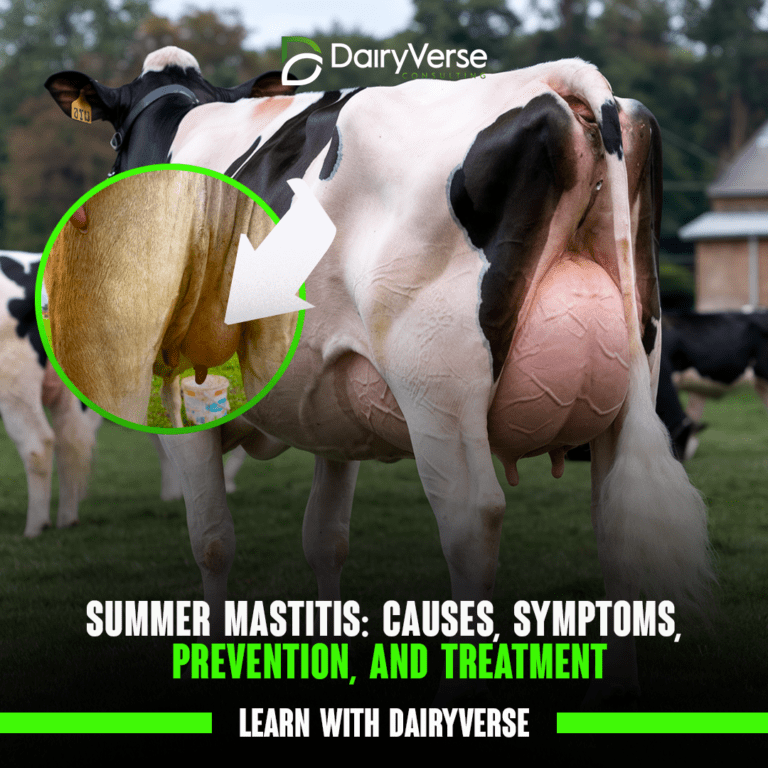
Summer mastitis is a seasonal and costly condition affecting dairy and beef cows, particularly during the warm months.
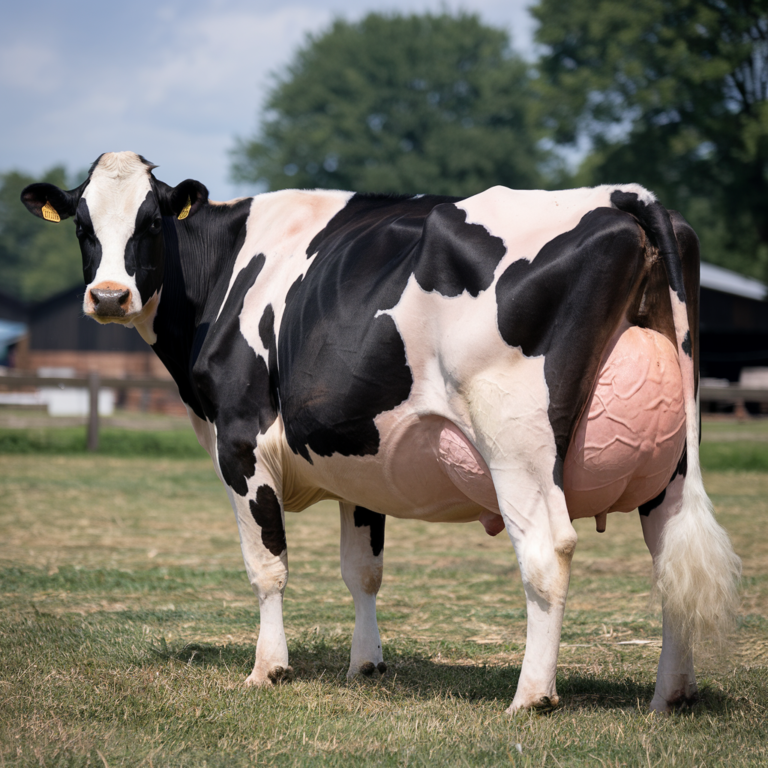
For dairy farmers aiming for optimal milk production, managing the days in milk (DIM) is crucial. DIM refers to the period after calving during which a cow produces milk. The target for an all-year-round calving herd is to maintain an average of 180 days in milk
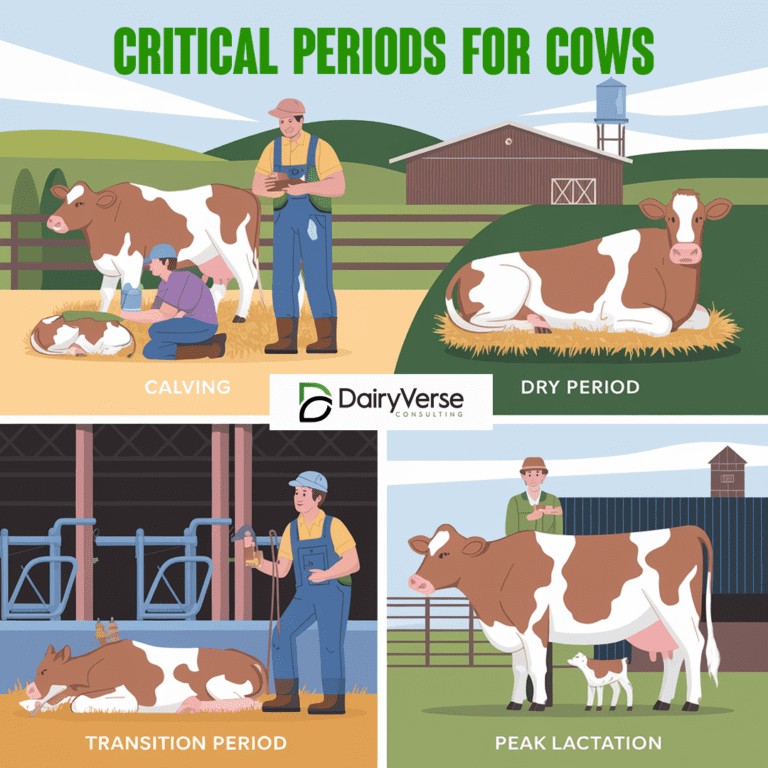
Cows experience several critical periods that require focused care and management to maintain their health and productivity. Proper planning during these stages minimizes risks and maximizes output.
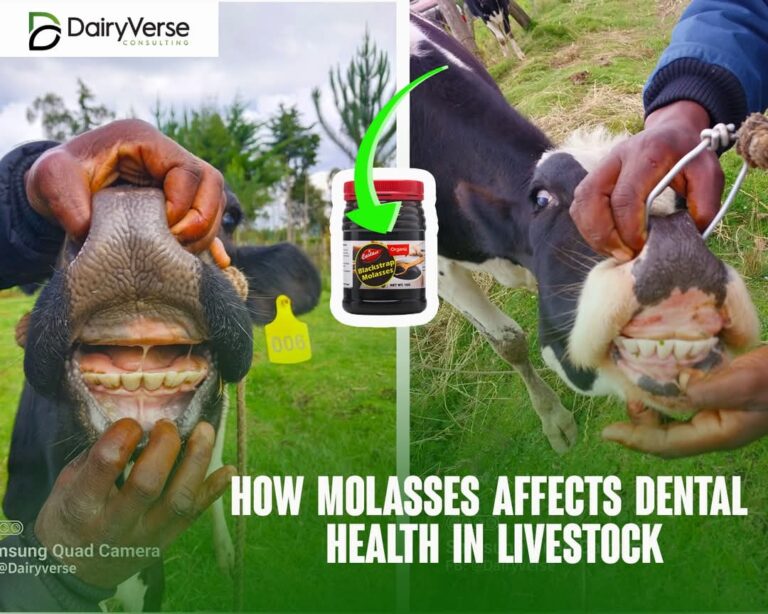
Molasses, a popular feed supplement for livestock, is widely used due to its numerous benefits, including improving feed palatability, increasing energy intake, and promoting better nutrient absorption. However, like all feed additives, it has its potential drawbacks, one of which includes its impact on dental health
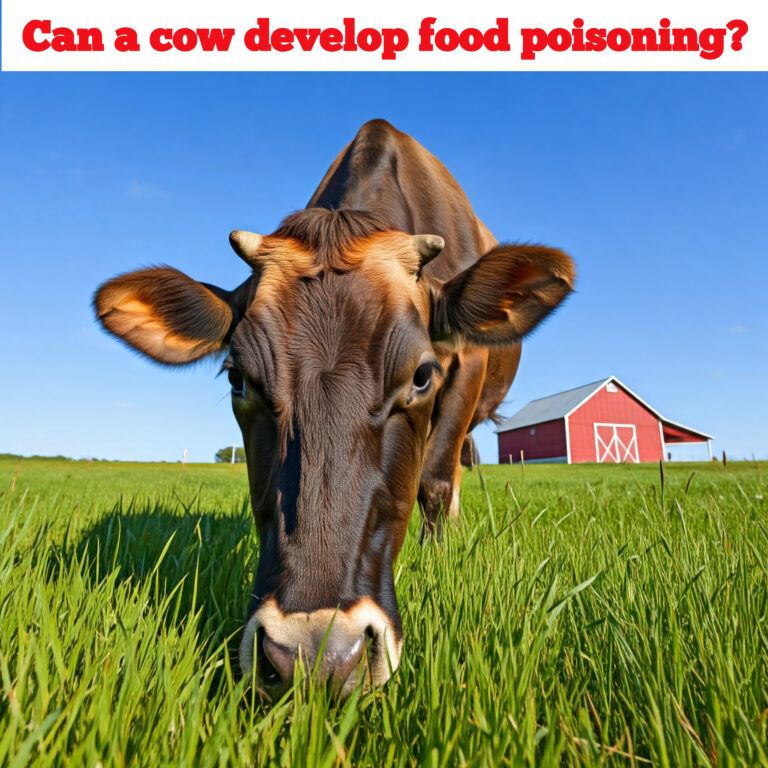
Cows cannot develop food poisoning in the same way that humans do. Food poisoning in humans is typically caused by consuming food contaminated with bacteria, viruses, or toxins. However, cows have a complex digestive system that is adapted to process a variety of plant-based materials, including potentially harmful substances.

When calves fall sick or fail to thrive, many farmers immediately suspect calcium deficiency. While calcium is vital for growth and skeletal health, it’s rarely the root cause of mortality in young calves. Instead, the problem often lies in management practices, nutrition, or underlying diseases that weaken the calves before calcium deficiency even becomes a concern.